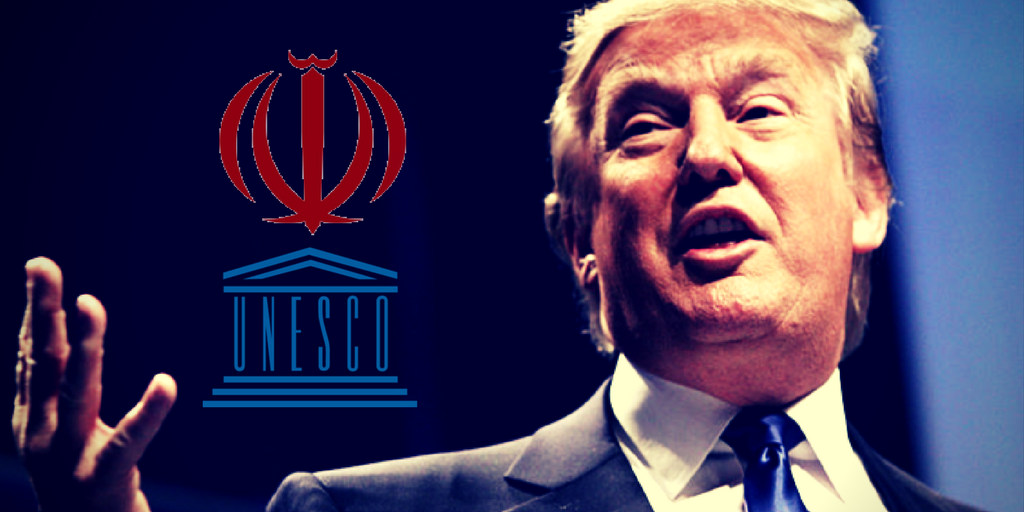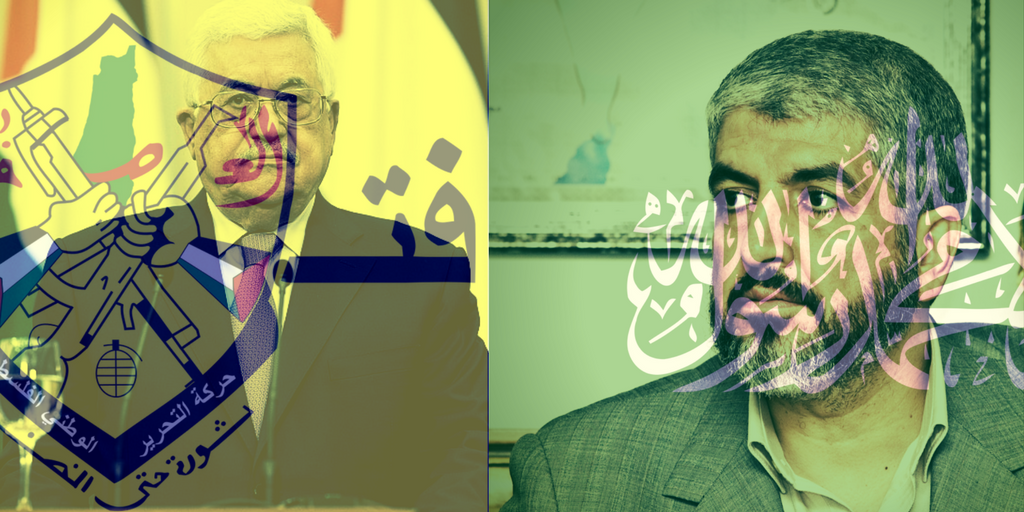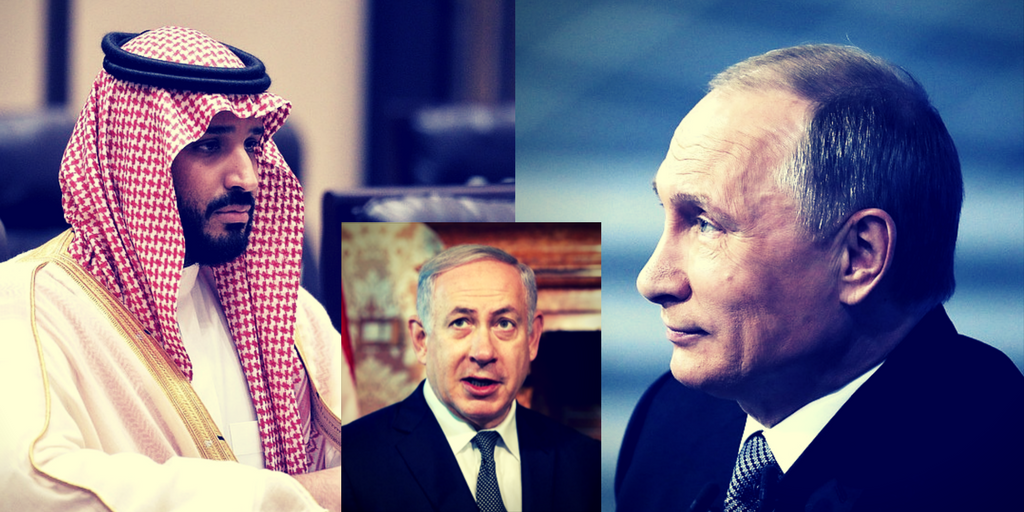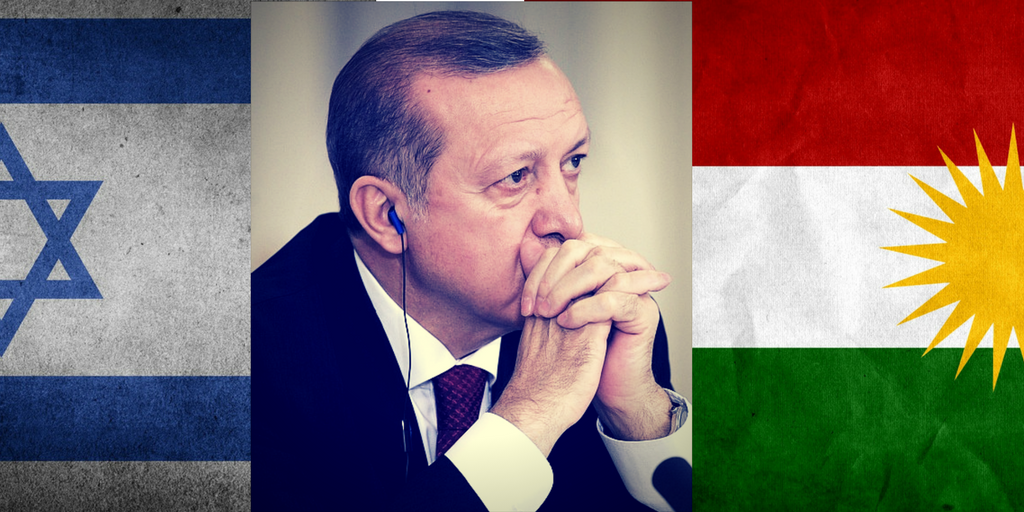If Rabin had a crystal ball that allowed him to foresee the terrible trauma and tragedy the Oslo Agreements would cause, there is little doubt that he would have never agreed to its signature.
We have come to try and put an end to the hostilities, so that our children, our children’s children, will no longer experience the painful cost of war, violence and terror. We have come to secure their lives and to ease the sorrow and the painful memories of the past to hope and pray for peace. – Yitzhak Rabin at the signing ceremony of the Oslo I Accords, Washington, D.C. September 13, 1993.
This September marked the passing of 24 years since the signing of the Oslo Accords. Although little is left of the heady—the less charitable might say, “irresponsible”—optimism that accompanied the signing ceremony on the White House lawns on that fateful day in September 1993, the “two-states-for-two-peoples” format it forged, still – inexplicably—dominates the discourse as the sole principle upon which a resolution of the Israel-Palestinian conflict can be based.
Puzzling and Perturbing
Future historians will doubtless find this both puzzling and perturbing—for although the two-state formula has been regularly disproven, for some unfathomable reason, it has never been discredited—and certainly never discarded.
In many ways, the continued “durability” of the Oslowian “recipe” is astonishing.
Indeed, it is difficult to imagine what else should happen, what further disaster should befall both Jew and Arab, for it to be abandoned as the abject failure it has incontrovertibly proved to be.
After all, when the Oslo process was first instituted there were proponents and opponents –with the former promising sweeping benefits (such as peace, prosperity and a thriving harmonious Mid-East stretching from Casablanca to Kuwait), while the latter warned of dire dangers (such as spiraling terror and pervasive turmoil).

Now, almost a quarter-century later, one might have been forgiven for thinking that “the jury was no longer out”. For one thing is indisputable. None of the benefits promised by proponents have materialized, while virtually all the dangers warned of by the opponents have befallen the strife-torn region and its unfortunate inhabitants.
Yet stubbornly—indeed, obsessively—two-staters cling to the tenets of their political dogma—no matter what the human cost; no matter how much evidence of their tragic error continues to inexorably accumulate…
Hardly a revolutionary revelation
Sadly, this is hardly a revolutionary revelation. To the contrary, it has long been starkly apparent to anyone with a smidgeon of intellectual integrity.
Indeed, seventeen years ago, just weeks after the Palestinian-Arabs launched their gory wave of violence (a.k.a. the Second Intifada), an article of mine appeared on Israel’s most trafficked Hebrew-language site, YNet. It was entitled “The Crystal Ball”. The sub-headline read: “The Oslo process and its basic assumptions have failed the test of reality”.
In it, I wrote: “Up until a few weeks ago, there might have been room for a debate on whether the Oslo process was a success or a failure. Up until a few weeks ago it might have been possible—albeit with great difficulty—to understand those whose faith in the “process” had not yet faded. But now [i.e. November, 2000], the debate is over! Now it is quite clear that the “political process: has totally failed.
“When,” I asked “should one conclude that one’s chosen path is mistaken?”; and in response, suggested that: “As a general rule, one should admit that one’s chosen policy has failed if one would not have chosen it, had the consequences of that choice been known beforehand”.
Failing the test of reality
I then proposed: “… let us imagine that on that fateful day in September 1993, on which the Oslo agreements were signed, the people of Israel and their leaders had at their disposal a crystal ball by means of which they could foresee the future consequences of those agreements. Let us imagine that the architects of those accords, who…promised the nation the dawn of a new era…of ‘days without worry and nights without fear’, could foretell the fate of the country almost eight years after the pomp and ceremony of the occasion of their signature”.
I continued: “Let’s suppose that they would have known that almost a decade after the sweeping concessions that Israel was called on to make…the country would be plagued by fire, hatred and death, and that the guns, handed to the Palestinians, despite repeated warnings not to do so, would be turned against our soldiers, our women and our children. Let’s suppose that they would have known that despite our far-reaching willingness to accommodate our adversaries, our political situation in the world would be at its lowest ebb…”
I therefore, ventured to postulate: “I have no doubt that had the architects of these accords known that events would turn out as they have, they would not have signed them. I have no doubt that had the public foreseen what has come about it would not have given its support to the process or to its initiators. Accordingly, we can categorically declare that the Oslo process, and the world view on which it was based, have utterly failed the ‘crystal ball test’ i.e. failed the test of reality.”
Despite expectations…
In light of all this, I expressed what appeared to be a reasonable expectation: “…that, given the appalling consequences the political processes had precipitated, there would have been a wholesale abandonment of it by its [hitherto] supporters.
“However,” I lamented, “this was not the case. Despite the fact that not even a miniscule trace of any residual success could be found, a significant number of people…still refuse to acknowledge failure or error. ‘There is still no other alternative’ they recite with dogmatic obstinacy.”
Of course, as I pointed out “, there is in fact no claim more baseless than the claim that there is ‘No alterative’” Indeed, as I underscored–“the burden of proof is now on the proponents of the Oslo process rather than on its opponents to prove that they have a viable alternative…”
Moreover, had the imaginary 1993 crystal ball been able to look further into the future, what it would have revealed to the prospective signatories of the ill-fated accords would have hardly been more encouraging. Indeed, if anything quite the opposite is true!
Thus, for the five years after the publication of the “Crystal Ball” article, the carnage of the “Second Intifada” raged across the country, with thousands of Israeli civilians being murdered and maimed—in shopping malls, on buses, in street cafes and crowded restaurants.
What the crystal ball would have revealed…
Indeed, it was the bloody Passover massacre in March 2002 at the Park Hotel in the seaside resort of Netanya that led to Operation “Defensive Shield”, the first of a series of punitive military campaigns launched by the IDF when Palestinian-Arab terror reached unacceptably murderous levels, which the Israeli military was compelled to quell.
The ensuing decade was replete with recurring bloodshed. Thus, as the savage violence of the Second Intifada petered out in 2005, the very next year, 2006, heralded the outbreak of the Second Lebanon War.
Admittedly, the Second Lebanon War was not directly connected to the conflict with the Palestinian-Arabs. However, its roots can definitely be traced to the Oslowian land-for-peace mindset, when in June 2000, Ehud Barak, capitulated to pressures from left-wing activists and surrendered South Lebanon to the Hezbollah by ordering an ignominious unilateral evacuation of the IDF.
Indeed, this unbecoming retreat has been widely identified as one of the major causes for the Second Intifada three months later (see for example here and here). Thus, in the words of one pundit “the message of weakness transmitted by the retreat from Lebanon encouraged the Palestinians to return to using violent methods.”
Barak’s abandonment of South Lebanon led to Hezbollah’s massive military buildup in the vacated territory, eventually culminating in the costly 2006 Second Lebanon War, whose mismanagement by the Olmert government allowed South Lebanon to become a fearsome arsenal—with over a 100,000 rockets and missiles, trained on Israel’s major civilian population centers and vital infrastructure installations, as well as the additional threat of trans-border attack tunnels.
From “Cast Lead” to “Protective Edge”
It is of course an open question whether the Second Lebanon War in 2006 was due, at least in part, to another unilateral withdrawal—the so-called “Disengagement” from Gaza in 2005. There can however be little doubt that the Disengagement did lead to the Islamist takeover of Gaza in 2007, when in the wake of the power vacuum created by the IDF’s departure, the fundamentalist Hamas seized control of the coastal enclave, violently ejecting Mahmoud Abbas’s ruling Fatah faction.
In the wake of Hamas’s ascendance, there was a massive increase in attacks against Israel, with thousands of rockets, missiles and mortar shells being fired at civilian targets. As a result, Israel was compelled to take action to restore stability and security for its citizens—which resulted in the first of three (and counting) post-Oslo IDF campaigns against Gaza, Operation Cast Lead in December 2008. As a result of its military response to the ongoing terror attacks Israel was vilified in the international arena, particularly by the notorious Goldstone report , manufactured by a UN “fact finding” mission, which accused Israel of deliberately targeting Palestinian-Arab civilians, used by Hamas as human shields.
Continual escalation of terror attacks drew Israel in to two further military campaigns.
Less than four years after the end of Operation “Cast Lead”, Israel was forced undertake Operation “Pillar of Defense” in November 2012, following an intensification of rocket fire aimed at Israeli population centers. Then, barely eighteen months later, with the brutal kidnapping and murder of three Israeli youths, and indiscriminate rocket fire from Gaza on Israeli civilian targets, Israel was again obliged to use the military to restore calm – this time in Operation “Protective Edge” during which the alarming extent of the terror attack tunnels, excavated by Hamas, was exposed…
On the Palestinian side…
On the Palestinian side, our crystal ball would have swiftly dispelled the rosy predictions of a peaceful, prosperous EU-like Middle East stretching from the Sahara Desert to the Persian Gulf, that the Oslo Accords were supposed usher in.
Setting aside the rape, arson, slaughter and misery that raged across the post-Oslo Middle East as the chill winds of the Arab Spring swept through country after country, the Oslo accords brought scant benefits to the Palestinian-Arabs.
Indeed for the average man in the Palestinian street, Oslo wrought penury, not prosperity; despotism not democracy. After almost a quarter century since the ceremony and fanfare on the White House lawns, all the Palestinian-Arabs have to show is a an untenable and strife-riven entity, with a dysfunctional polity and a collapsing economy – with a minuscule private sector and a bloated public one, wracked by corruption, and crippled by cronyism, manifestly unsustainable without massive infusions of foreign funds and the largesse of its alleged “oppressor”, Israel.
In Gaza, where the experiment of Palestinian self-government was first instituted, the situation is particularly dire, with the specter of “humanitarian disaster” hovering over the general population. Awash in untreated sewage flows, with well over 90% of the water supply unfit for drinking, electrical power available for only a few hours a day and unemployment rates soaring to anything between 40-60%, Gazans, too, have good reason to rue the day the Oslo agreements were signed.

If Rabin had a crystal ball…
So if Yitzhak Rabin had had a crystal ball in September 1993,the depressing chain of events that would have unfolded before his eyes as he peered into the milky surface of the glass orb would be this:
A quarter century of spiraling terror in city streets, buses, and cafes; thousands of his countrymen maimed or murdered, four (arguably, five) military campaigns with hundreds of casualties, the dramatic enhancement of the quality and quantity of the weaponry of the terror organizations ranged against Israel; the huge cost of the barrier being constructed, high above and deep below, ground, to secure Israeli civilians from terrorist infiltration and tunnels…
So if indeed, Rabin could have foreseen that all this would be Israel’s lot in exchange for the gut-wrenching and perilous concessions the agreements called on it to make, who could doubt that he would never have affixed his signature to them…
Surely then, this—the Crystal Ball Test—is the ultimate indictment of the Oslo Agreements. Surely, it is time, after a quarter-century, for them—and all that they stand for—to be branded what they indisputably turned out to be –a colossal and tragic blunder of historic proportions—and to be treated as such.












